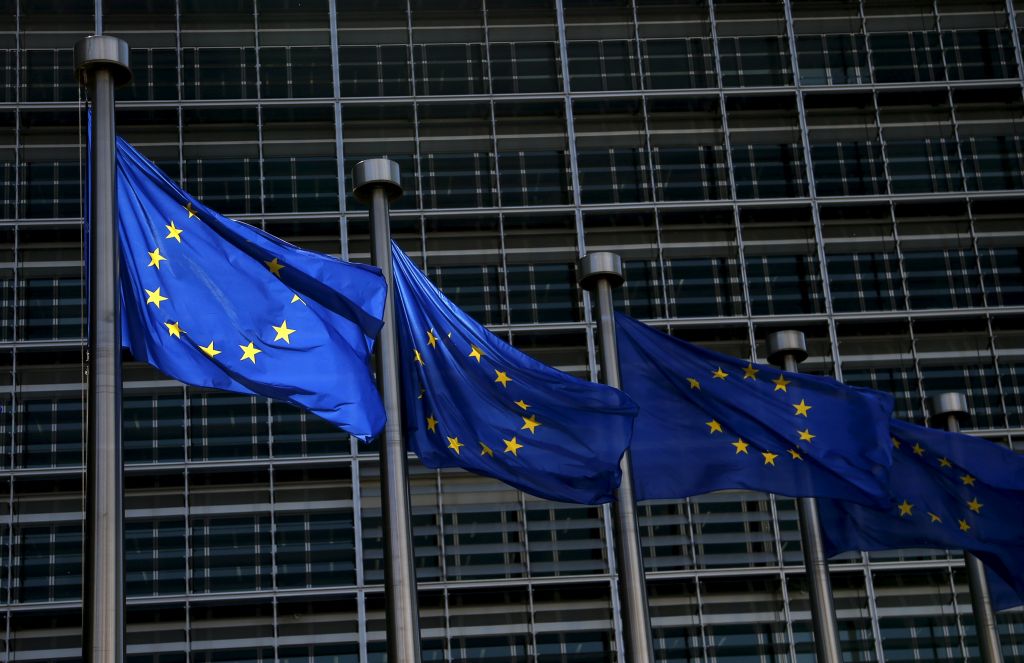The revelation of the European Commission’s proposal on Monday, for an ‘honest compromise’, may have brought some relief in Greece, however it surprised the IMF. The criticism against the IMF and the stance it has adopted in the negotiations suggest that the Fund may be considering a “divorce” not only from Greece, but from Europe in general.
Nevertheless, the IMF’s Poul Thomsen reportedly told Thanasis Tsitsas, ANT1’s correspondent in Washington, that if the proposal was legitimate, it would be “suicide” for Greece to not accept it.
After the European Commission’s proposal was made public by To Vima, Channel 4’s journalist and financial analyst Paul Mason commented that the IMF is unlikely to finance it and it is a huge gamble for the EC, which will finance Greece until the summer, but delays the debt restructure until autumn. Mason adds that the proposal maintains the controversial ENFIA tax (“Greeks hate it”) and underlines that its is “a clear back loading of austerity, i.e. relaxation in SYRIZA’s favor”.
Furthermore, Mason notes that the proposal concedes to the Greek government a delay on pension reform and hands them labor market reform because the ILO supports the Greek position. The economist explains that the proposal would give Greece access to 5 billion euros now access to the ECB’s quantitative easing program, however the SYRIZA-led government will “hate some details”. He also points out that if Wolfgang Schäuble were to reject the proposal, it would be seen as Germany forcing Greece out of the euro in a referendum.
On the contrary, the Financial Times is not as optimistic about the European Commission’s proposal, with Peter Spiegel commenting that it is likely to be rejected, similarly to how Olli Rehn’s proposal for Cyprus was rejected. In his article, Spiegel explains that the EC had been trying to get involved in the negotiations since February, to bring Greece closer to the IMF and Berlin’s position. This attempt though was not welcomed by all sides, since the Eurogroup and IMF will essentially be called to fund any program and they will decide the terms according to which Greece will be given its much-needed support.
Despite the optimism and relief that was caused by the leak of the proposal, there is still some distance to be covered before both sides reach an agreement. The overhaul of Greece’s ailing pension system may prove to be a critical aspect, although recent statements by Minister of Labor Panagiotis Skourletis and Alternate Minister of Social Insurance Dimitris Stratoulis pave the way for a discussion of the system’s sustainability in the autumn.
Even if there is an agreement between the implicated sides today, many days will be required to compose the relevant reports – separately for the European Commission and the IMF – followed by the Euro Working Group and Eurogroup meetings that are necessary to approve an agreement. Furthermore, an agreement necessitates that all 18 Eurozone members are on the same page and are willing to overcome their possible reservations.




